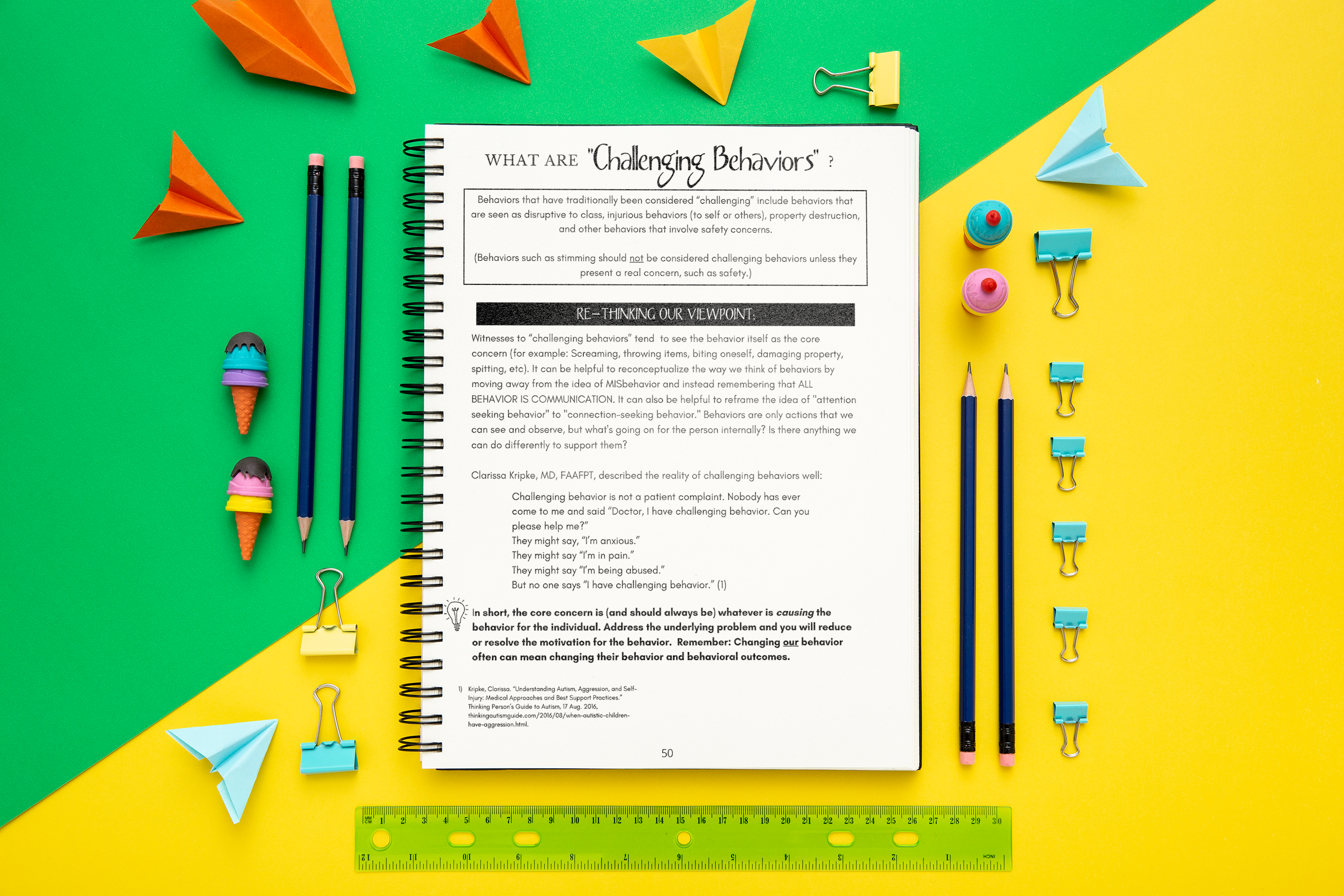We've all had moments where we've felt different from the crowd. Maybe you're the only one in your friend group who loves heavy metal music or perhaps you've always had a unique way of looking at the world. Whatever it is, we all know what it feels like to be different.
In the realm of learning and education, these differences become even more pronounced. And while traditional education systems have often struggled to accommodate these differences, a powerful movement is changing the narrative. It's called the neurodiversity movement.
Neurodiversity refers to the concept that neurological differences among people should be recognized and respected as any other human variation1. These differences can include those labeled with Dyspraxia, Dyslexia, Attention Deficit Hyperactivity Disorder, Dyscalculia, Autistic Spectrum, Tourette Syndrome, and others2.
Rather than viewing these differences as deficits or disorders to be fixed, the neurodiversity movement celebrates them as part of human diversity. After all, we don't think that someone is less just because they're left-handed or has a different hair color, right?
In the spirit of this celebration, let me introduce you to a resource that embodies this very ethos: the Neurodiversity Affirming Handbook by AdaptEd 4 Special Ed. This handbook is a comprehensive guide for educators and parents alike to better understand, support, and celebrate neurodiverse students.
Packed with research-backed strategies, real-life case studies, and practical tips, the Neurodiversity Affirming Handbook is designed to empower you to create an inclusive and supportive environment for neurodiverse individuals. It's not just about accommodating these students, but about recognizing their unique strengths and harnessing them.
Don't just take my word for it, though. Educators across the country have praised the handbook for its insightful content and practical approach. One teacher shared, "The Neurodiversity Affirming Handbook has transformed my classroom. I now see neurodiversity not as a challenge, but as an opportunity to enrich my teaching."
So, if you're an educator or parent looking to better support the neurodiverse individuals in your life, why not check out the Neurodiversity Affirming Handbook? Let's celebrate our differences, not hide from them. After all, different isn't less—it's just different.
Click here to learn more about the Neurodiversity Affirming Handbook and start your journey towards celebrating neurodiversity today.



